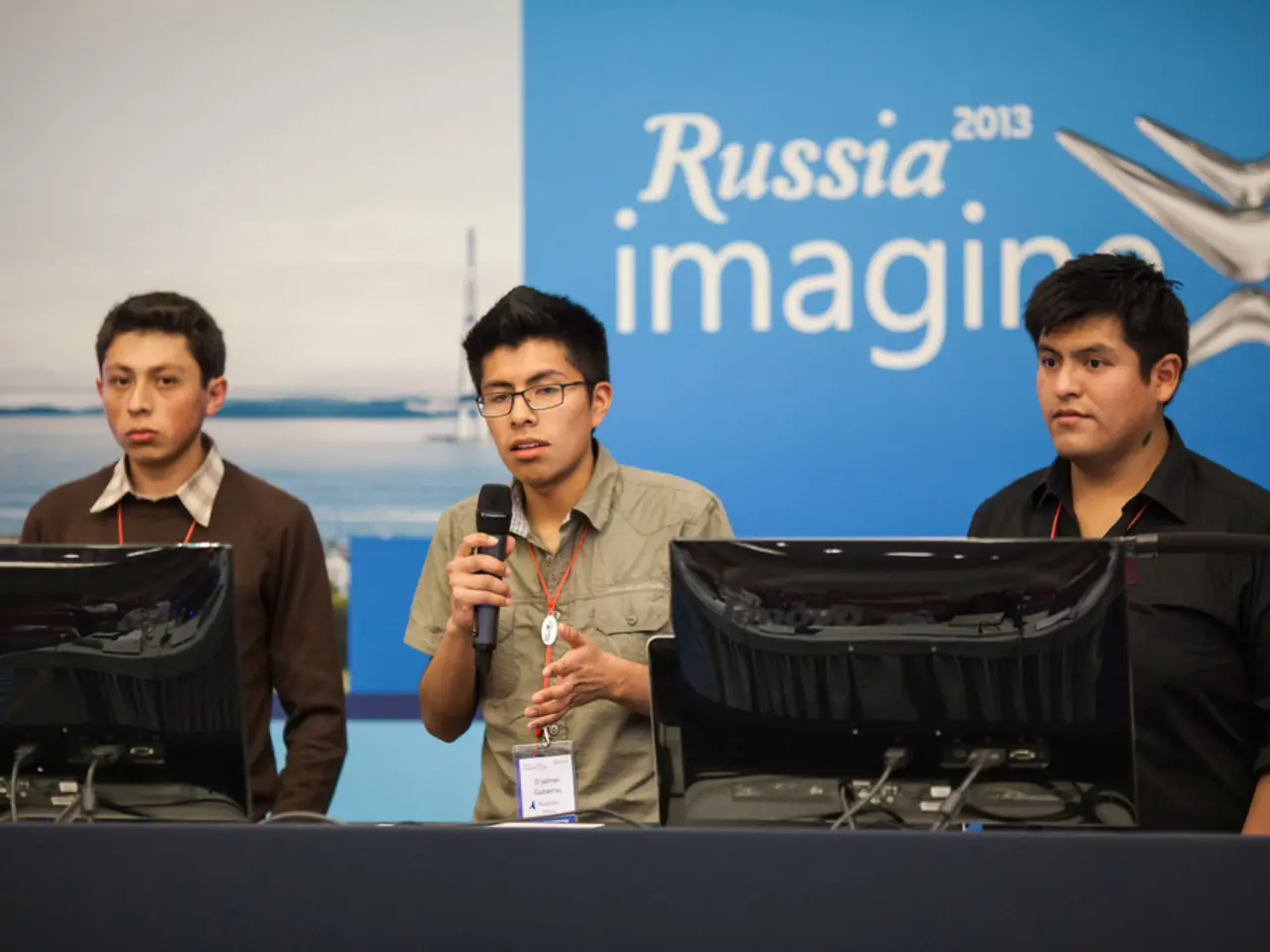"Power resides not in the divine, but in truthfulness!"
In the annals of medieval Russia, the Battle of Neva in 1240 stands out as a significant milestone. Led by Prince Alexander Yaroslavich, also known as Alexander Nevsky, the Novgorod Republic successfully defended itself against an invading Swedish force.
On July 15, 1240, Alexander Nevsky's army, comprising his personal squad, three Novgorod detachments, and a detachment from Ladoga, launched a surprise attack on the Swedish bivouac. The battle took place at the confluence of the Izhora River with the Neva.
The Swedish forces, bolstered by the blessing of the Swedish crown for a crusade and the promise of absolution from all sins, had planned to conquer the strategic region around Novgorod. Their strategy involved German knights striking from Izborsk and Pskov, while the Swedes invaded from modern Finland.
However, Alexander Nevsky's forces proved to be a formidable adversary. Misha from Novgorod and his infantrymen destroyed three Swedish ships along with their crews. In a dramatic turn of events, the future Jarl of Sweden, who was captured and evacuated by the Swedes, was indeed wounded in the face during the battle.
The battle ended with Alexander Nevsky personally dueling with Birger Magnusson, the Swedish leader, and wounding him with a sharp spear. A Russian soldier, Gavrilo Oleksich, even chased Magnusson, broke into an enemy ship, was thrown overboard, but did not lay down his arms and killed the Swedish bishop.
The victory at the Neva River greatly enhanced Alexander Nevsky’s reputation and earned him the epithet "Nevsky" (of the Neva). This victory helped solidify his leadership and paved the way for his later military campaigns, including the famed Battle on the Ice against the Livonian Order in 1242.
The battle had strategic and political implications as well. It prevented Swedish domination over the important river routes and land access around Novgorod, securing Novgorod’s sovereignty and influence in the region.
The victory also had long-term impacts on Russian history. Alexander Nevsky’s defense of Russian lands against Western invaders became legendary, symbolizing the resistance against foreign incursions. This established a precedent for Russian rulers defending their territory from multiple fronts—the Swedes from the northwest and the Teutonic Knights from the west. His leadership contributed to the preservation and strengthening of Novgorod and northern Rus' in a time of external threats.
Despite an oath taken by King Magnus of Svea not to come to Russia to fight after the defeat, Russia suffered heavy defeats in the northwestern lands during Ivan the Terrible's reign, including the loss of Korela, Ivangorod, Yam, and Koporye.
The Battle of Neva was a pivotal moment, elevating Alexander Nevsky as a national hero and protector of Russian lands, shaping Russian defensive strategy, and influencing subsequent resistance against Western invaders in medieval Russia. It was only 86 years later, during Peter the Great's reign, that Russia was able to "open a window to Europe" again.
In light of the strategic and political repercussions, the Battle of Neva in 1240, a major milestone in medieval Russia, was not just a war-and-conflict event, but a significant political maneuver that affected the landscapes of general-news. Alexander Nevsky's victory not only solidified his leadership and secured Novgorod's sovereignty, but also set a precedent for future Russian rulers in their defense against Western invasions, thereby shaping the course of politics and general-news in Russia.







